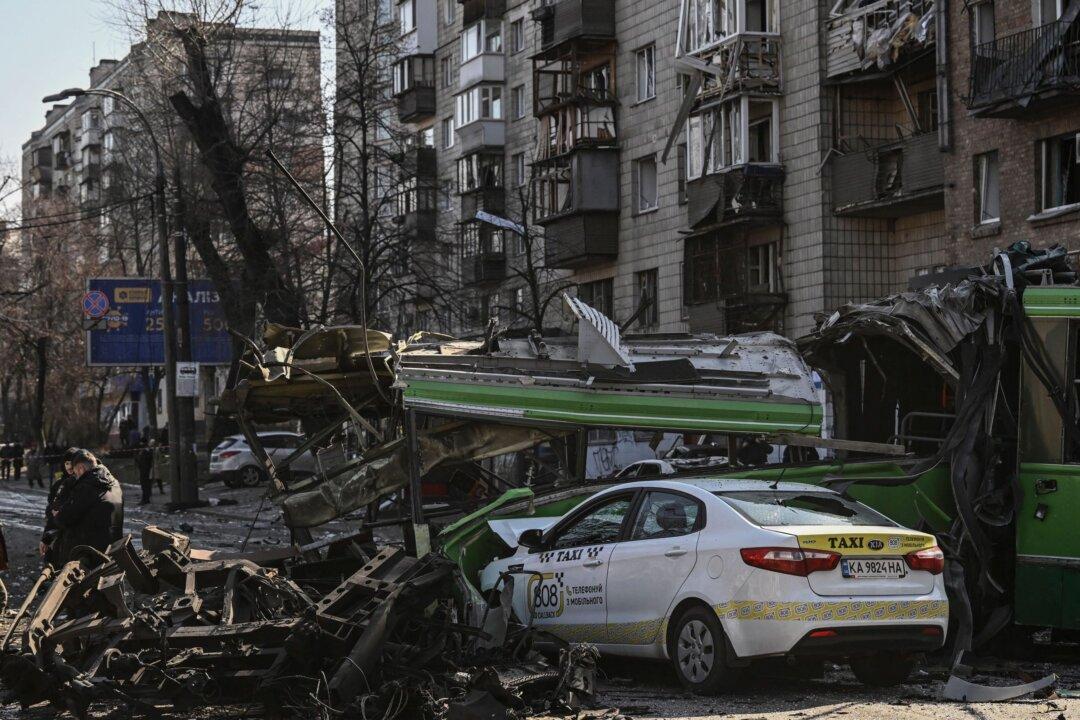Commentary
No one should be deceived by the modest bump in the polls that the war in Ukraine has given President Joe Biden. It cannot be justified by a serious examination of the disorganized policy of the United States since the war first impended.

No one should be deceived by the modest bump in the polls that the war in Ukraine has given President Joe Biden. It cannot be justified by a serious examination of the disorganized policy of the United States since the war first impended.